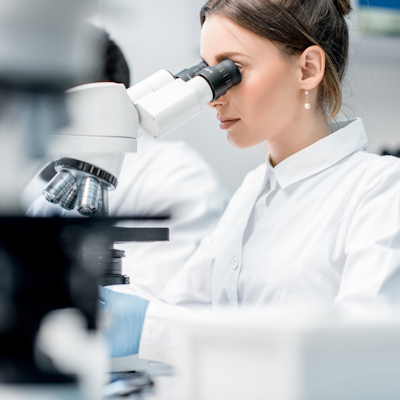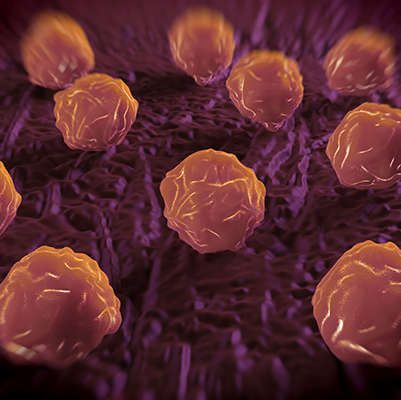December 1, 2022 -- Researchers from University of California, Santa Cruz have developed a new automated, internet-connected microfluidics system that grows cerebral organoids. The process could lead to more effective pharmaceutical drugs that treat brain diseases.
The system -- called Autoculture -- delivers feeding liquid to individual cerebral organoids to optimize their growth without requiring human interference with the tissue culture (Nature Scientific Reports, November 23, 2022). The system eliminates cell culture growth disturbance caused by human interference or error and thus can provide more precise and consistent results, according to the authors.
They contend that "batch effect" issues are a thing of the past -- no longer will organoids grown at different times or at different labs under similar conditions vary because of the complexity of their growth.
In other words, these cerebral organoids are now reproducible. Traditionally, organoids need constant attention and care, but the microfluidic chips are created from a unique bilayer mold, have tiny wells and channels for delivering minute amounts of liquid to the organoid, and thus allow scientists to exert control over nutrient concentrations and byproducts. The system uses mostly off-the-shelf, low-cost components, which also make it accessible and modular, the researchers said.
The system delivers a nonstop flow of liquid to the organoids so it more closely resembles the real conditions of the brain. In addition, the Autoculture system contains a culture plate with 24 individual wells instead of one like with traditional culturing. Each well can be its own experiment with cultures grown independently and fed liquids at varying, programmable concentrations, and times.
An in-incubator imaging system allows researchers to constantly monitor organoid growth and morphology. Also, as Autoculture is connected to the internet, it allows scientists to remotely operate and retrieve real-time data at any point, without disrupting the culture.
Copyright © 2022 scienceboard.net











